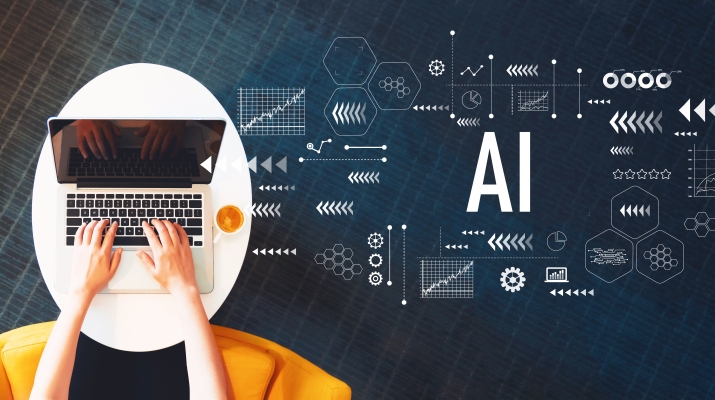Understanding AI in Web App Development
AI in web app development involves the integration of intelligent algorithms and machine learning models to automate tasks, analyze data, and deliver personalized experiences. AI technologies such as natural language processing (NLP), computer vision, and predictive analytics are increasingly being used to enhance web applications.
Benefits of AI Integration:
- Enhanced User Experience: AI enables personalized interactions and recommendations, improving user satisfaction.
- Automation: AI automates repetitive tasks, freeing up human resources for more complex activities.
- Data Insights: AI analyzes vast amounts of data to uncover trends and insights, informing business decisions.
Key AI Technologies for Web Apps
Natural Language Processing (NLP): NLP allows web apps to understand and respond to human language. This can be used for chatbots, virtual assistants, and sentiment analysis.
Computer Vision: Computer vision enables web apps to interpret and process visual information from images and videos. Applications include image recognition, object detection, and facial recognition.
Machine Learning: Machine learning algorithms analyze data to make predictions and decisions. Use cases include recommendation systems, fraud detection, and predictive maintenance.
Speech Recognition: Speech recognition technology converts spoken language into text, enabling voice-activated controls and transcription services.
Practical Steps to Integrate AI
Identify Use Cases: Identify areas where AI can add value to your web app. Consider use cases such as customer support automation, personalized content delivery, or predictive analytics.
Choose the Right AI Tools: Select AI tools and frameworks that align with your project requirements. Popular options include TensorFlow, PyTorch, and OpenAI for machine learning, as well as Google Cloud AI and AWS AI Services for comprehensive AI solutions.
Data Preparation: AI models rely on high-quality data. Collect, clean, and preprocess data to ensure it suits your AI algorithms.
Model Training and Testing: Train your AI models using historical data and validate their performance through testing. This step is crucial to ensure accuracy and reliability.
Integration and Deployment: Integrate the trained AI models into your web app using APIs or direct embedding. Ensure seamless integration and test the functionality thoroughly before deployment.
Continuous Improvement:
AI models require ongoing monitoring and refinement. Collect user feedback, track performance metrics, and update models regularly to maintain accuracy and effectiveness.
Challenges and Considerations
Several challenges and considerations must be addressed when integrating AI into web app development. Ensuring compliance with data protection regulations such as GDPR and CCPA is crucial when handling user data for AI purposes, safeguarding user privacy and maintaining trust. Developing and deploying AI responsibly is also essential, as ethical implications such as bias, fairness, and transparency must be considered to avoid unintended negative consequences. Additionally, AI integration requires specialized skills, which may necessitate partnering with experts or investing in training for your development team to ensure successful implementation and ongoing management of AI technologies.
Incorporating AI into web app development opens up a world of possibilities, from enhancing user experiences to automating complex tasks. At Provisio, we’re committed to leveraging AI to build smarter, more efficient web applications. By following this practical guide, you can harness the power of AI to transform your web app and deliver unparalleled value to your users. Contact Provisio today to learn how we can help you integrate AI into your web development projects.
